You may think that the most obvious way of combating the inflammation syndrome is to take anti-inflammatory drugs – this is true to a certain extend. If used briefly and appropriately, Non Steroid Anti-Inflammatory Drugs (NSAIDS) are useful in fighting pain and inflammation. People with chronic inflammation, however, tend to be prescribed these drugs for long periods of time and this is when the problems starts. There are probably more than 30 different types of NSAIDS and the most popular among them are aspirin, ibuprofen and naproxen.
Many doctors prescribe Aspirin to lessen the risk of coronary heart disease by thinning the blood. And many elderly people are given NSAIDS for relief of aches and pains from osteoarthritis and rheumatoid arthritis. However, research has shown that most NSAIDS can cause side effects like stomach disorders, gastritis and gastric ulcers. Taking anti-inflammatory drugs in the long term may be more harmful than had previously thought and they are only treating the symptoms and not the causes of the disorders.
Combating Inflammation
The key ways of combating inflammation are:
- eat many types of colorful vegetables
- eat cold water fish like salmon, sardine and mackerel
- eat lean meat like free range chicken
- use more herbs and spices and moderate salt and pepper
- eat organic food
- snack on nuts and seeds
- drink plenty of water
- eat less refined grains and sugar
- pay attention to food allergies
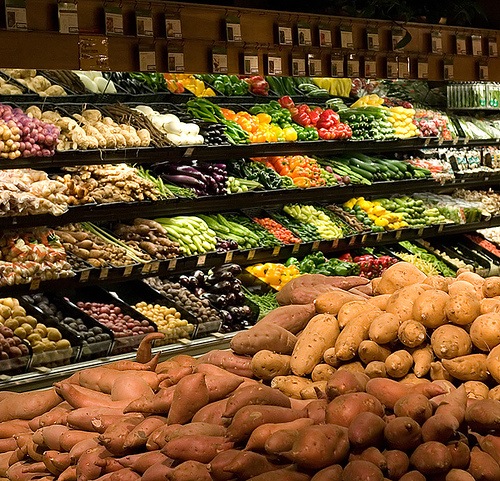 It is important that we consume fresh and whole food. As a rule of thumb, the food we eat should look like that the food in it’s naturally-cooked state. For example, a chicken should still look like chicken when we eat it. This means that chicken nuggets would be out! A roast whole chicken with honey, herbs and spices is a good example.
It is important that we consume fresh and whole food. As a rule of thumb, the food we eat should look like that the food in it’s naturally-cooked state. For example, a chicken should still look like chicken when we eat it. This means that chicken nuggets would be out! A roast whole chicken with honey, herbs and spices is a good example.
You may have already known that cold water fish like salmon and colorful vegetables are the best anti-inflammatory foods. Cold water fish has large quantities of omega-3 fatty acids which is essential in combating inflammation. The best way to cook fish is to steam it of pan fry it with a little olive oil. On the other hand, the worst possible way is to deep fry it with hydrogenated . Not only you add calories to it, you also add the omega-6 fatty acids and trans fats which are pro-inflammatory. Hydrogenated vegetable oils are also present in a lot of processed food, so it’s best to check the label before buying.
One of the best good choices for snacking is nuts and seeds. They are an excellent source of minerals, especially magnesium which is essential for a healthy heart. These include almonds cashews, pistachios, macadamia and pumpkin seeds.
Drinking tea is also a good way in combating inflammation. Black, green or red tea contains polyphenols which give them its antioxidant properties. Studies has shown that the more processing the tea leaves go through, the darker then turn and the less beneficial they become. Black and red tea leaves are partly dried, crushed and fermented while green tea leaves are just quickly steamed, least processed and most beneficial.
How about supplements?
While everyone needs to aim to eat as varied and balanced a diet as possible, sometimes it is not possible due to a lack of access, lack of time or discipline, etc. Supplements can be useful to plug the gaps. However, taking single vitamins and minerals could lead to deficiencies and imbalances especially as many interact with each other, competing for absorption, or impairing each other’s role. If possible, choose wholefood supplements as they work synergistically. It is also best to avoid supplements with unnecessary ingredients like sweeteners, artificial flavours and colour.



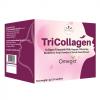
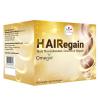
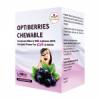
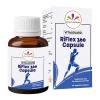
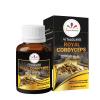
Facebook Comments